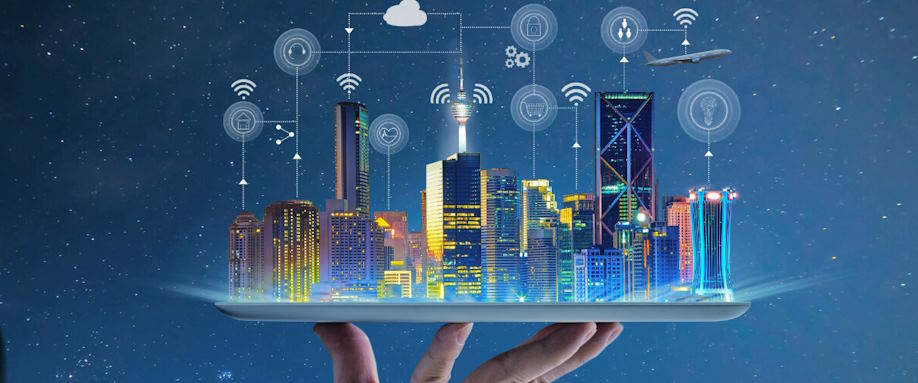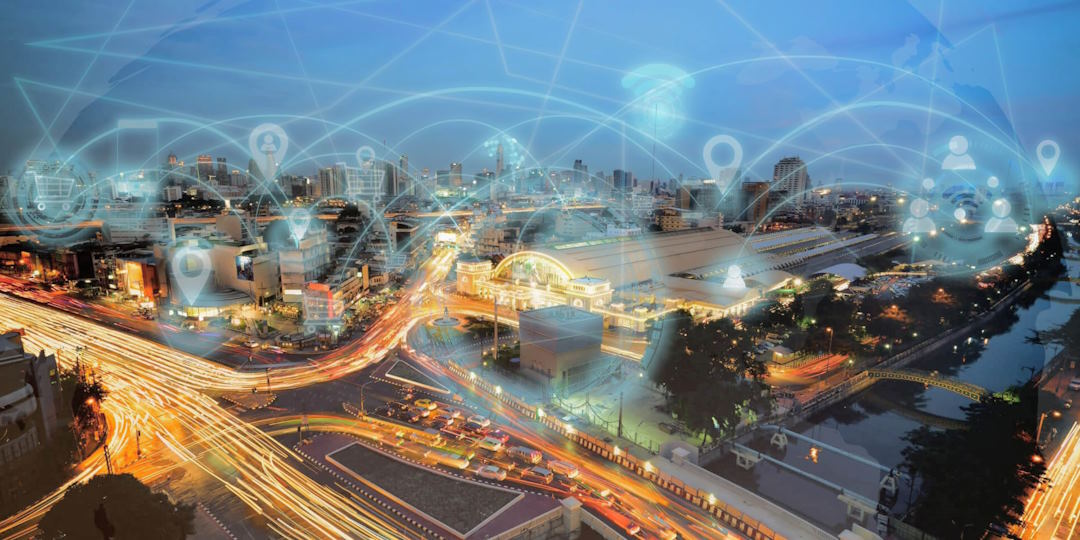Imagine a city where traffic moves smoothly, energy is used sustainably, and services are delivered efficiently with just a tap. It isn’t a dream of the far-off future – it’s the potential of smart cities. Such cities use advanced technologies to turn urban areas into lively hubs of innovation and effectiveness. As our world gets more and more urban, the idea of smart cities has become really interesting to people like leaders, city planners, and regular folks. But here’s the big question: Does all this technology actually help the economy?
In what way smart city technologies are beneficial for the economy?
Smart city technologies offer a wide range of benefits that positively influence the economy in various ways. Here’s how these technologies contribute to economic growth and development:
Increased Efficiency and Cost Savings
Smart city technologies optimize resource allocation and streamline operations across energy, water management, and waste disposal sectors. This efficiency leads to cost savings for governments and citizens, freeing up funds for other essential projects and investments.
Job Creation
The development, installation, and maintenance of smart city technologies create a demand for skilled workers in various fields, from data analytics to infrastructure development. This job creation has a positive impact on employment rates and local economies.

Entrepreneurship and Startups
Smart city initiatives create fertile ground for startups to develop solutions that address urban challenges. Entrepreneurial ventures focused on improving urban living through technology contribute to economic diversification and innovation.
Improved Quality of Life
Smart city technologies enhance public services such as healthcare, education, and public safety. When citizens experience improved quality of life, they are more productive, healthier, and more likely to contribute positively to the economy.
Tourism and Investment Attraction
Smart city projects enhance a city’s reputation, making it an attractive destination for tourists and investors. Efficient transportation, sustainability initiatives, and innovative services can boost tourism and attract foreign investment.
Economic Resilience
Smart city technologies improve resilience against challenges like natural disasters or pandemics. Enhanced monitoring, rapid response systems, and data-driven strategies help cities recover more quickly from disruptions, avoiding extra expenses.
Data-Driven Decision-Making
Smart city technologies provide vast amounts of data that can be analyzed to inform better decision-making by governments, businesses, and citizens. Informed decisions lead to optimized resource allocation and strategic planning, supporting economic growth.





